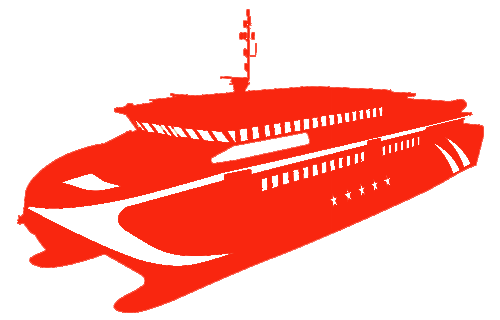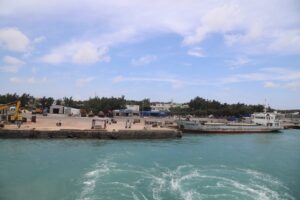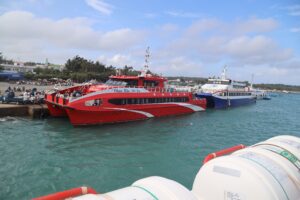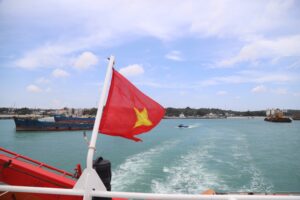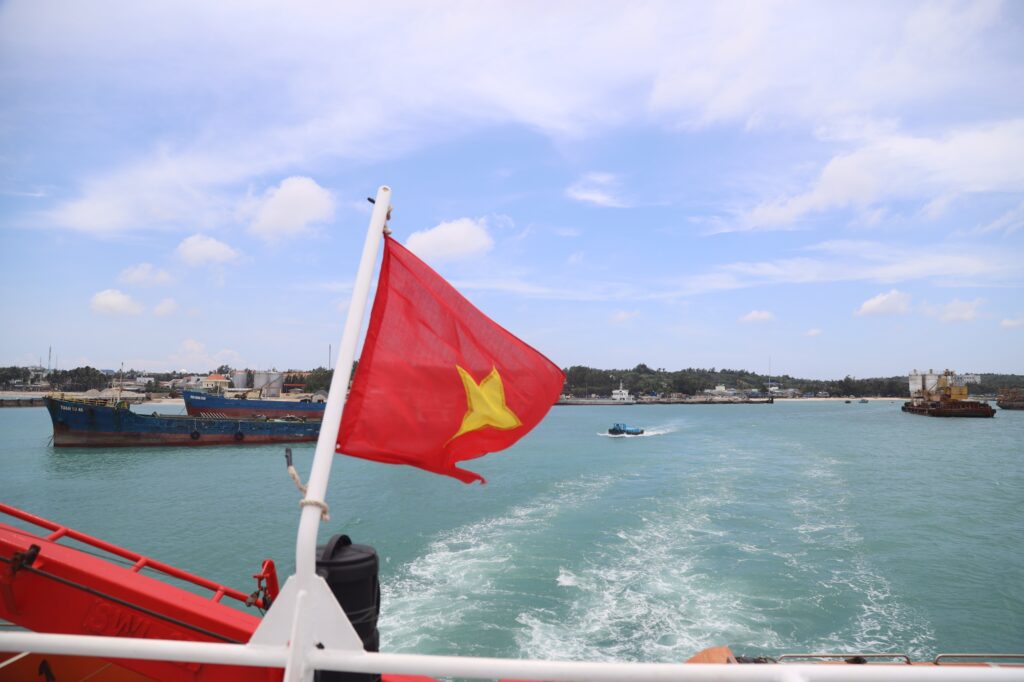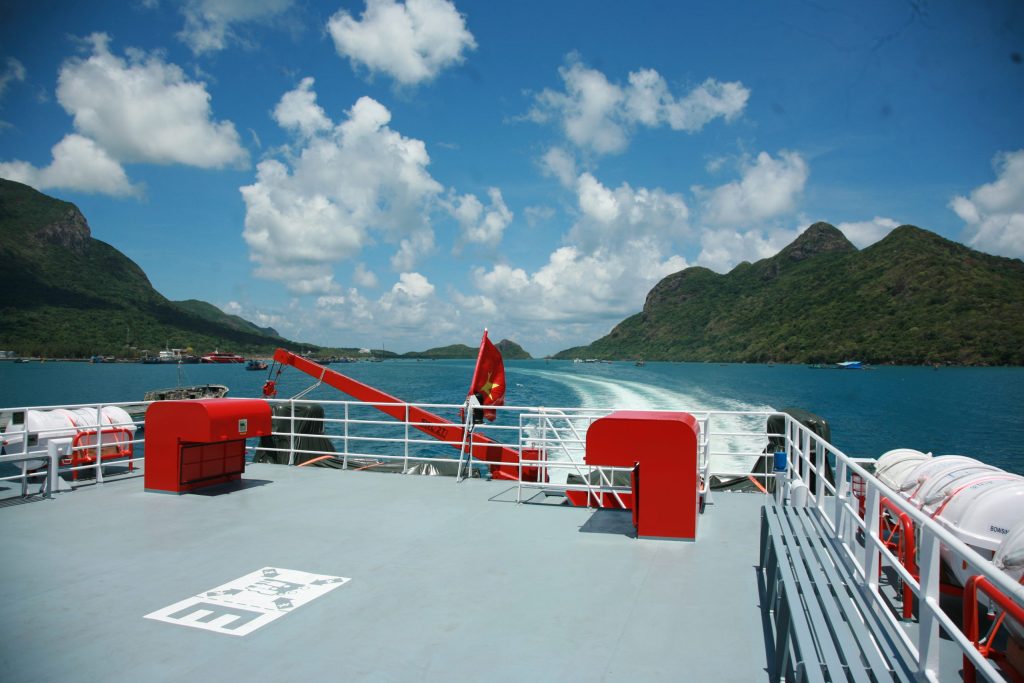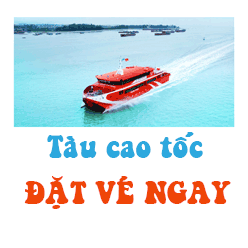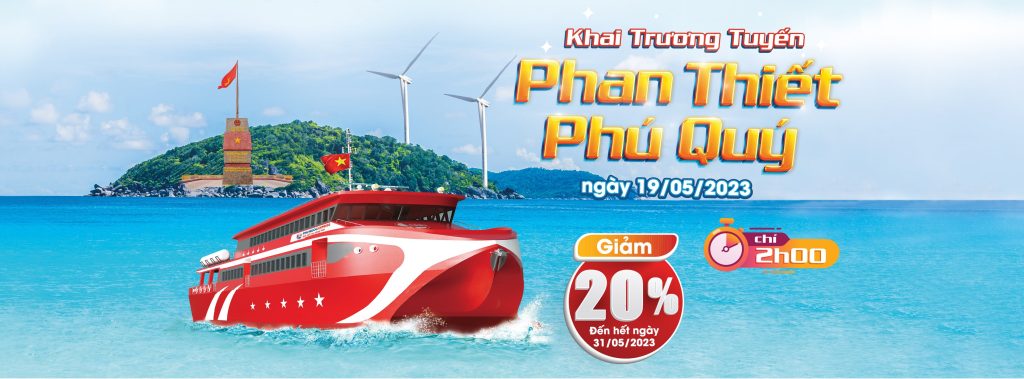The festival system in Phu Quy is divided into three categories: community-wide island festivals (such as the festival at the Ban Tranh Princess Temple, the Sai Nai Master Temple festival, Linh Quang Pagoda festival, and the Van An Thanh fishing prayer festival), village-specific festivals (including communal house festivals, village mausoleum festivals, temples and shrines), and family or clan rituals (ancestor worship, honoring grandparents and parents).
Currently, festivals on the island tend to focus more on rituals than on festive activities. In the past, these traditional folk festivals were accompanied by engaging events such as the Four Divine Beasts dance, “sac bua” singing, and classical opera (hat boi). However, due to many influencing factors, these forms of folk performance have gradually declined and disappeared. Therefore, researching and restoring these folk performances during festivals at communal houses, pagodas, mausoleums, temples, especially the festivals at Ban Tranh Princess Temple and Sai Nai Master Temple, is urgent to serve the cultural and spiritual life of the people of Phu Quy and to attract visitors interested in cultural festival research in the future.
Buddhist Festivals
The Buddhist festivals take place at Linh Quang Pagoda, which is closely associated with the early settlement and establishment of life by the island’s residents. Linh Quang Pagoda has become an important religious and spiritual center for Phu Quy people for over two centuries. Festival seasons come to the pagoda and island residents during Lunar New Year, Thanh Minh (Tomb-Sweeping Festival), the full moon of the fourth lunar month (Buddha’s Birthday), the full moon of the seventh lunar month (Vu Lan Festival), and the full moon of the tenth lunar month.
The highlight of the Buddhist festivals at Linh Quang Pagoda is the Peace Prayer Festival (Cau An / Cau Mua), held on the 14th and 15th days of the first lunar month. This festival features rituals rich in Buddhist symbolism as well as the customs and beliefs of the Vietnamese community living on Phu Quy Island.
Ban Tranh Princess Temple Festival
Ban Tranh was a 16th-century Cham princess who was exiled to the island by her father, the king, because she disobeyed him by refusing to marry a foreign prince. In the hearts and minds of Phu Quy people, Princess Ban Tranh is revered as the Island’s Lady, the Lady of the Land, who pioneered transforming the deserted island into cultivated fields, building irrigation works for watering and living, and establishing the first villages on the island.
For a long time, worship and offerings to Princess Ban Tranh have been a shared responsibility of island residents, rotated among the villages. Each village takes turns caring for the temple, safeguarding the royal edicts, and performing rituals for one year before passing the duty to another village. This unique and special practice is found only on Phu Quy Island and rarely elsewhere. The Ban Tranh Princess Festival is held on the 3rd day of the first lunar month at the temple, which is also the princess’s death anniversary. Because the festival coincides with the Lunar New Year, it attracts almost all the island’s inhabitants.
Sai Nai Master Temple Festival
The Sai Nai Master Temple Festival takes place on the 4th day of the fourth lunar month. After the completion of the switching ceremony at Sai Nai Master Temple, the village that just finished its duty transfers the royal edicts and the responsibilities of worshipping Princess Ban Tranh and Master Sai Nai to the next village in turn, witnessed by the temple committee, elders, and landowners’ representatives. This ceremony invites the royal edicts of Princess Ban Tranh and Master Sai Nai from the village’s communal house (temple or mausoleum) to Sai Nai Master Temple for worship.
Fishing Prayer Festival
Fishing prayer festivals are held at almost every village mausoleum on Phu Quy. Among them, the festival at Van An Thanh — in Trieu Duong village — is considered the largest fishing prayer festival on the island, attracting most of the island’s fishermen to participate. The official festival is held annually on the 16th day of the tenth lunar month, which is also the memorial day of Co (the first fisherman who drifted ashore on the island). Many ritual ceremonies are held at Van An Thanh throughout the year, including spring prayers in the first lunar month, autumn prayers in the eighth lunar month, and Co memorial prayers (fishing prayer festival) on the 16th of the tenth lunar month. Among these, the Co memorial (Fishing Prayer Festival) is the largest and most important, serving as the islanders’ common festival.
The most impressive event is the welcoming ceremony of the Nam Hai deity from the open sea to Van An Thanh. At the exact departure time, the fleet of boats sets off in formation, looking magnificent and grand. After completing the rituals, everyone feels satisfied and believes the Nam Hai deity has heard their prayers and offerings and is quietly following the fleet to attend the festival. After the offshore ceremony, the boats return in a beautiful formation.
Through the fishing prayer festival, the unique cultural features of the festival are introduced to visitors; cultural and festival activities are effectively linked with tourism promotion and development. This contributes to diversifying tourism tours in Binh Thuan from a cultural tourism perspective, aiming to attract more and more domestic and international tourists to Phu Quy Island.


